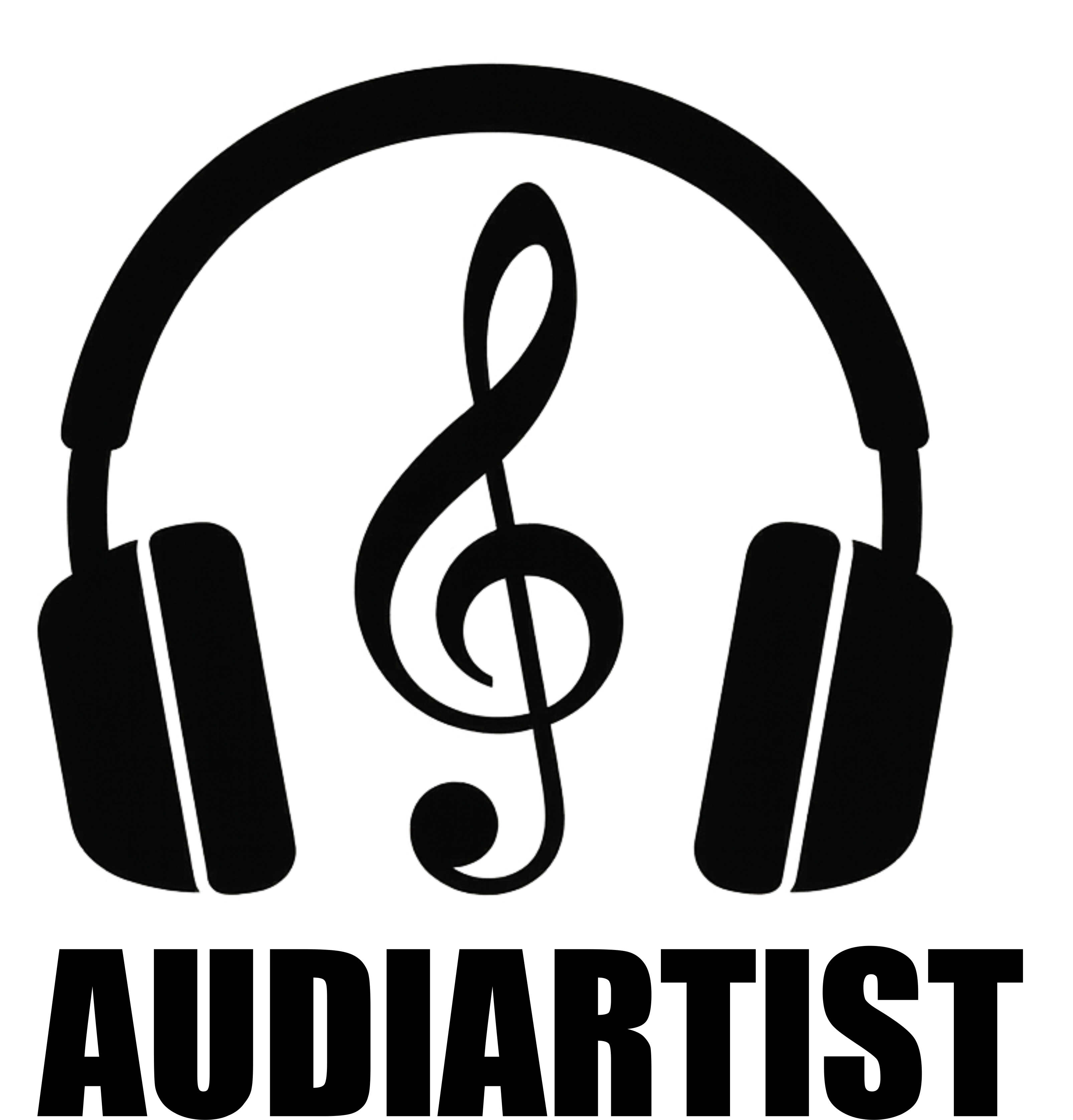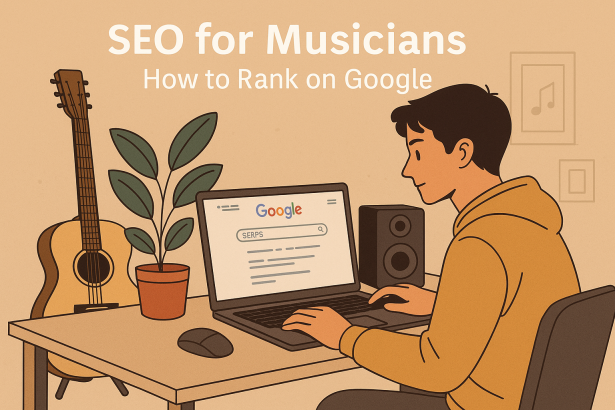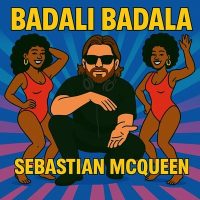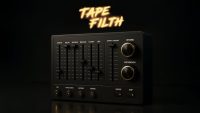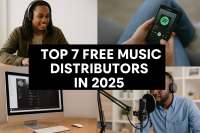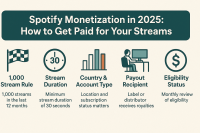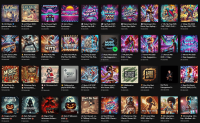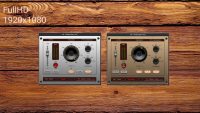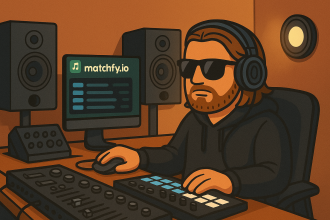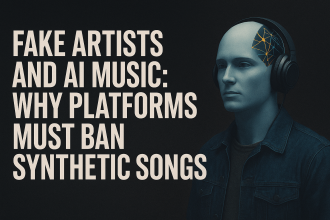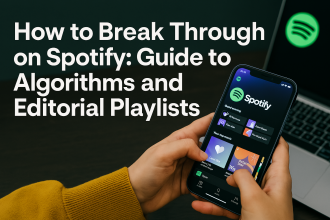In today’s digital age, being visible online is crucial for any musician. Whether you’re an independent artist or part of a band, appearing in Google search results can significantly boost your reach. Here’s a comprehensive guide on how to optimize your online presence to appear in Google searches.
1. Create an Optimized Artist Website
Your website is your digital hub. To make it rank on Google, follow these steps:
Domain Name: Choose a domain that includes your artist name (e.g., yourartistname.com).
On-Page SEO:
- Use meta tags like title, description, and keywords.
- Include your artist name and genre in the page titles.
- Create dedicated pages for albums, singles, and tour dates.
- Content:
- Regularly update with blogs, music releases, and news.
- Use multimedia (images, videos) to make the content engaging.
Mobile-Friendly Design:
- Google prioritizes responsive websites.
- Use a theme that works on all devices.
👉 Recommended Tool:
- Yoast SEO for WordPress – Perfect for optimizing your website.
- Google Search Console – Monitor your site’s performance on Google.
2. Optimize Your Social Media Profiles
Your social profiles should complement your website for better SEO.
- Consistent Branding: Use the same artist name and profile picture across platforms.
- About Section: Clearly mention your genre, location, and official website link.
- Keyword Usage: Include terms like “Hip-Hop Producer,” “Lo-Fi Artist,” or “Electronic Musician.”
- Social Proof: Engagement (likes, shares) on platforms like Instagram and Twitter can influence your ranking.
👉 Pro Tip: Link your social profiles to your website and vice versa. This cross-linking signals to Google that your profiles are related.
3. Leverage Streaming Platforms for SEO
Platforms like Spotify, Apple Music, and SoundCloud are powerful for SEO if used correctly.
- Artist Bio: Use relevant keywords (e.g., “Chill Lo-Fi Producer from NYC”).
- Track Titles: Include descriptive words (e.g., “Ambient Chill Beats”).
- Album Descriptions: Include your name, genre, and unique features of the track.
- Linking: Add links to your website and social profiles.
👉 Pro Tip: Use platforms like Linktree to consolidate your streaming links on one page.
4. YouTube Optimization: A Must for Musicians
YouTube is not just a video platform—it’s the second largest search engine.
- Video Titles: Use clear, descriptive titles (e.g., “Acoustic Cover of ‘Shape of You’ by John Smith”).
- Descriptions: Add keywords related to your genre, instrument, and cover details.
- Tags: Use both specific and broad tags (e.g., “indie music,” “acoustic cover”).
- Thumbnails: Use high-quality, eye-catching thumbnails.
👉 Recommended Tool:
- TubeBuddy – Optimize your video tags and descriptions for better visibility.
5. Blogging for Better SEO
Regular blog posts related to your music can drive traffic to your site.
Topics:
- “How I Composed My Latest Track: Behind the Scenes”
- “Top VST Plugins I Use for Lo-Fi Beats”
- Internal Links: Link to your songs, videos, and social profiles.
- Guest Posts: Collaborate with music blogs to get backlinks.
👉 Recommended Platform:
- Medium – Publish your stories and link back to your website.
6. Backlink Strategy: Improve Your Authority
Google ranks websites with high-quality backlinks higher.
- Submit Your Music: Use sites like SubmitHub for playlist placements.
- Collaborate: Work with other artists and share links.
- Music Blogs: Reach out to niche music blogs for reviews or interviews.
- Directories: Submit to online directories like AllMusic and Discogs.
7. Local SEO for Gigs and Events
If you perform live, appearing in local searches is crucial.
- Google My Business: Create a profile to appear in local searches.
- Event Listings: Use platforms like Eventbrite and Songkick.
- NAP Consistency: Ensure your Name, Address, and Phone Number are consistent across all platforms.
8. Track Your Progress
Once your SEO is in place, monitor its effectiveness.
- Google Analytics: Track where your website traffic comes from.
- Search Console Insights: Understand how your content performs.
- Social Media Metrics: Monitor engagement and referral traffic.
Conclusion
Implementing SEO as a musician requires consistency and a strategic approach. Start by optimizing your website, social profiles, and streaming pages. Use YouTube effectively and integrate blogging to build authority. With the right tactics, you can improve your visibility on Google and grow your fanbase.
👉 Want more tips on promoting your music? Visit Audiartist.com
![]()
